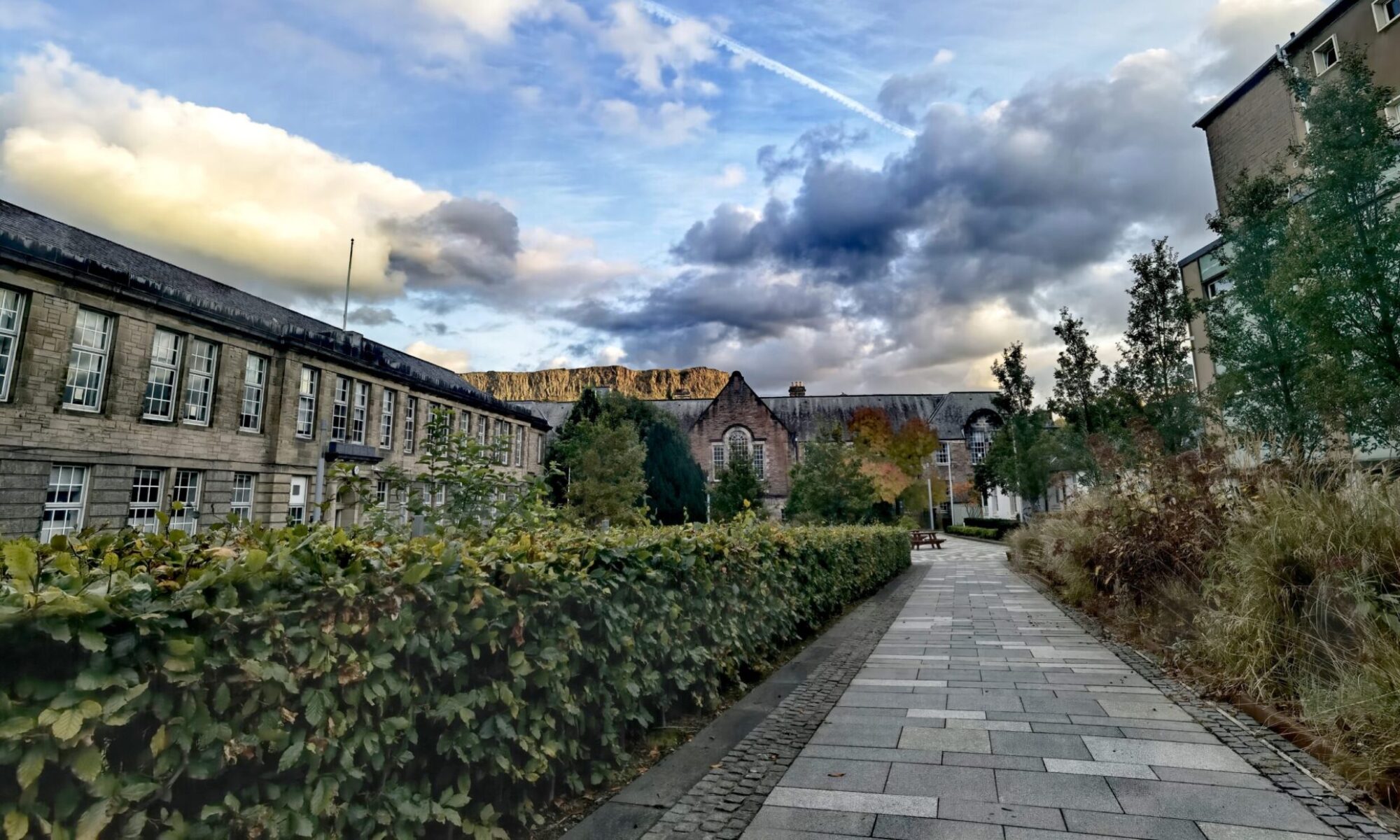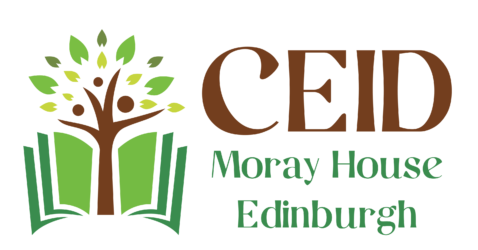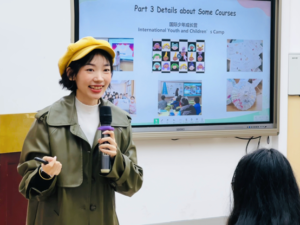
Maria Jose Casares Garcia, CEID Class of 2022
Nationality: Mexican
Current Position: Independent Consultant
Hello CEID Community,
I’m Maria Jose Casares Garcia, a proud 2022 alumna of the CEID MSc program. Currently, I’m embarking on a new learning journey in Community Networks at an international organization, LocNet. As part of the training team, I focus on enhancing community networks as communication and learning strategies. These strategies empower communities to address their communication needs and access to information, fostering autonomy and self-determination.
Reflecting on my post-Masters journey, I’ve realized the pivotal role CEID played in shaping my career. The courses, events, and connections I made there significantly contributed to my personal and professional growth, providing a broader world perspective. Each experience during my MSc endowed me with a strong academic foundation, a global outlook, and practical skills vital in education. For instance, my recent collaboration with international organizations like APC involved evaluating the National Schools of Community Networks in Brazil, Indonesia, Kenya, Nigeria, and South Africa (2021-2023). A key aspect of my involvement was my familiarity with different methodologies, particularly Participatory Action Research (PAR). Without this knowledge, I wouldn’t have been effective in this role. Now, working with people who apply theory in practice, I’ve grown passionate about PAR, recognizing its relevance in addressing community needs and aspirations.
Despite these enriching experiences, I’ve also encountered challenges. Issues like connectivity, communication systems, and understanding the needs of rural and indigenous communities remain complex and demand continuous learning. I’ve often felt overwhelmed, lacking various tools and knowledge. However, maintaining humility, effective communication, openness to learning, and expressing doubts have fostered a trusting and supportive work environment, aiding my continuous growth.
Facing Challenges Post-Masters
Transitioning from academia to a professional setting was challenging. Post-masters, I navigated a complex job market, trying to align my aspirations with reality. Initially, I pursued job opportunities that met my flexibility and salary expectations. However, I soon realized these weren’t my primary concerns. I yearned for challenges and learning opportunities, understanding that my “next job” wouldn’t be my dream job. This realization helped me value and prioritize long-term goals, leading to gratitude and humility about my achievements and future prospects.
Future Goals
Looking forward, my aim is to continue learning, aspiring to make impactful contributions in education and foster positive change. I plan to use my skills and experiences not only professionally and academically but also as an empathetic and respectful human being. I’ve learned that people often value these personal qualities over knowledge and experience, which can always be acquired. The essence of who you are and choose to be is crucial.
Advice for Aspiring Professionals
For those pursuing a career in this field, I offer three pieces of advice:
- Know What You Want: Prioritize your values over following trends. Even if a job seems prestigious, consider what truly fulfills you. Focus on what’s most important for your wellbeing. Opportunities aligned with your core values are easier to navigate than venturing aimlessly.
- Have a Balanced Life: Engage with your community and professional passions, but also embrace hobbies and social activities. Remember the importance of vacations and relaxation. Strive for a life that balances career ambitions with personal interests and wellbeing.
- Ask for Help: Life can be overwhelming; it’s okay to seek help. Requesting assistance shows your humanity, not weakness. Embrace vulnerability as a strength, building genuine connections and support networks for challenging times.
In closing, embrace each moment of your journey. Learn from every experience and use this knowledge to forge your unique path to success. Your journey is uniquely yours – cherish it and let it guide you towards greatness.
Warm regards,
Maria Jose Casares Garcia



